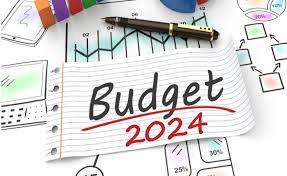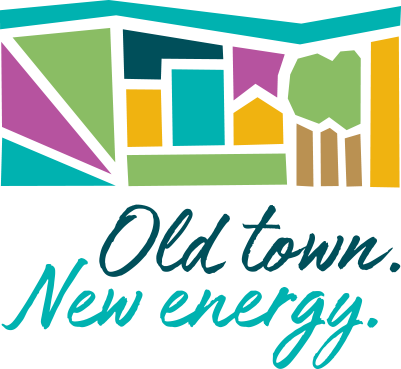Budget Planning for 2024

One of the most important tasks New Cumberland Borough staff undertakes each year is development and management of the annual budget, which operates on a calendar year, January to December. The Borough Manager is charged with preparing and submitting the budget to Borough Council for consideration and adoption each year.
In August and September, staff prepares a draft of the coming year’s budget. In October and November, Borough Council conducts budget workshops. These meetings are always advertised on the website and are open to the public to attend in person. During these meetings Borough Council reviews and provides input on the proposed budgets for each of our funds, which includes General, Capital Improvements, and Liquid Fuels. At the conclusion of these meetings a Borough Council reviewed draft is introduced to the public and put on display in November with the goal of adoption at the December Borough Council Meeting.



 (717) 774-0404
(717) 774-0404 1120 Market Street, New Cumberland, PA
1120 Market Street, New Cumberland, PA 8:30 a.m. - 4:30 p.m. Mon - Fri
8:30 a.m. - 4:30 p.m. Mon - Fri